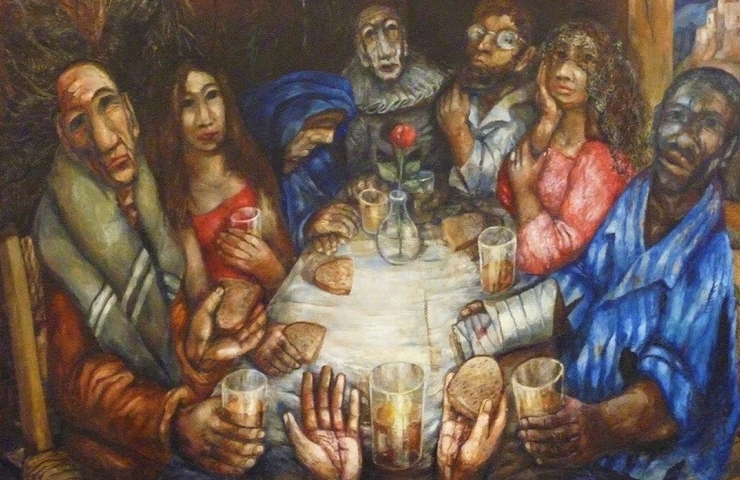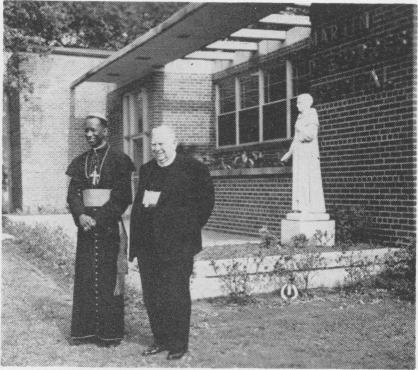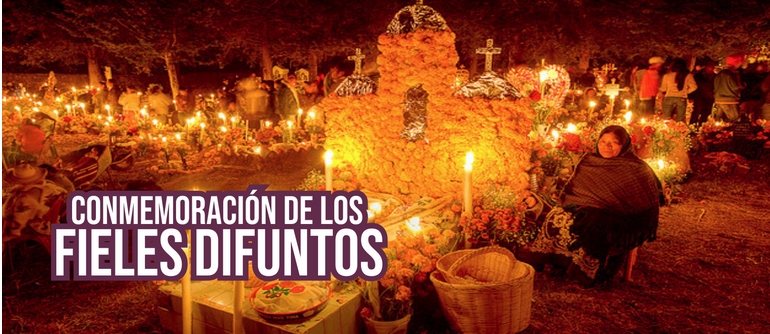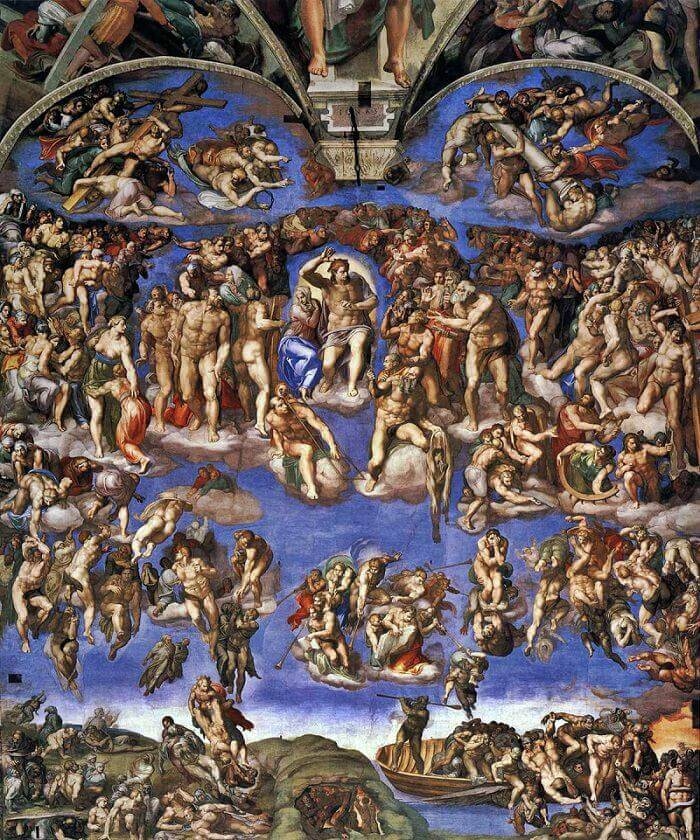These reflections are a result of more than 40 years of ministry as a Roman Catholic priest. Most of these years I spent in the Diocese of Charlotte which covers Western North Carolina. Now I am retired, and live in Medellín, Colombia where I continue to serve as a priest in the Archdiocese of Medellín.

The tax collectors and sinners were all drawing near to listen to Jesus,
but the Pharisees and scribes began to complain, saying,
“This man welcomes sinners and eats with them.”
(Lk 15:1-2)
Sometimes we forget that the Pharisees and scribes were good church people. But of course, it’s always good church people who are the first to complain when sinners show up at the table. “This man welcomes sinners and eats with them” is probably one of the oldest memories that the church has of the Eucharist.

My boast for the day of Christ may be
that I did not run in vain or labor in vain.
But, even if I am poured out as a libation
upon the sacrificial service of your faith,
I rejoice and share my joy with all of you.
In the same way you also should rejoice and share your joy with me.
(Phil 2:16-18)
Joy in being poured out as a libation in service to others . . . that’s a sentiment not very common among us. But during this pandemic we have seen it displayed over and over again in our health care workers who have laid down their lives caring for those stricken by Covid-19. And because of the pandemic, many families have not been able to be with their loved ones in hospital, but the health care workers were there holding the hands of our loved ones as they slipped away.
Today is the feast of Charles Borromeo who organized his church to care for victims of the plague.

Have among yourselves the same attitude
that is also yours in Christ Jesus,
Who, though he was in the form of God,
did not regard equality with God
something to be grasped.
Rather, he emptied himself,
taking the form of a slave . . . .
(Phil 2:5-7)
Martin de Porres (1579-1639) was the son of a Spanish conquistador and an African slave. He was born in Lima, Peru. In 1603, he made his solemn profession in the Dominican Convent of Our Lady of the Rosary, where he served as the infirmarian. He was called “Martin of the poor” and “Compassionate Father of the afflicted” because of his mercy towards the needy. My mom worked at Blessed Martin de Porres Hospital in Mobile, Alabama. When he was canonized in 1962, the Sisters of Mercy changed “Blessed” to “Saint.” The new letters were brighter than the rest that had weathered . . . so “SAINT” really stood out! Martin de Porres is the patron saint of Social Justice, of mixed-race people, barbers, innkeepers, public health workers, and all those seeking racial harmony.
Today’s photo is of the Hospital with Archbishop Thomas Toolen of Mobile, and Bishop Joseph Bowers of Ghana.

Blessed are the dead who die in the Lord.
Let them rest from their labors,
for their good deeds go with them.
(Rev 14:13)
Give rest, O Christ, to thy servants with thy saints, where sorrow and pain are no more; neither sighing, but life everlasting.
Thou only art immortal, the Creator and Maker of man; and we are mortal, formed of the earth, and unto earth shall we return; for so thou didst ordain when thou createdst me, saying: 'Dust thou art, and unto dust shalt thou return.' All we go down to the dust, and, weeping o'er the grave we make our song: Alleluia, alleluia, alleluia.
Give rest, O Christ,
to thy servants with thy saints,
where sorrow and pain are no more;
neither sighing, but life everlasting.
(Russian Kontakion for the Departed, Orthodox Liturgy)
Eternal rest grant unto them, O Lord. And let perpetual light shine upon them. May they rest in peace. Amen. And may their souls, and the souls of all the faithful departed through the mercy of God rest in peace. Amen.

After this I had a vision of a great multitude,
which no one could count,
from every nation, race, people, and tongue.
They stood before the throne and before the Lamb,
wearing white robes and holding palm branches in their hands.
They prostrated themselves before the throne,
worshiped God, and exclaimed:
“Amen. Blessing and glory, wisdom and thanksgiving,
honor, power, and might
be to our God forever and ever. Amen."
(Rev 7:9-12)
Today’s Feast of All Saints and tomorrow’s Commemoration of All the Faithful Departed form two moments of one feast—remembering and celebrating all the faithful ones who have gone before us and handed on the faith to us. Happy Feast Day to them and to all of us! May we follow them walking in the footsteps Jesus.



